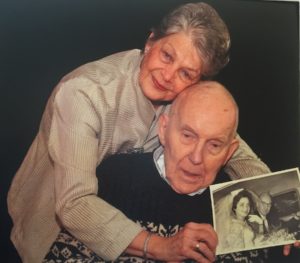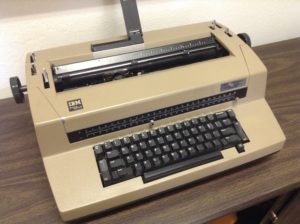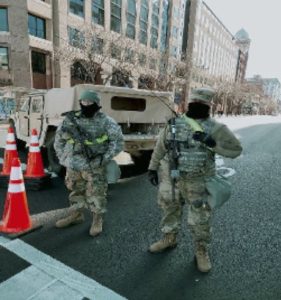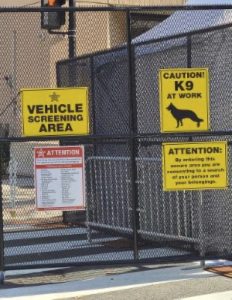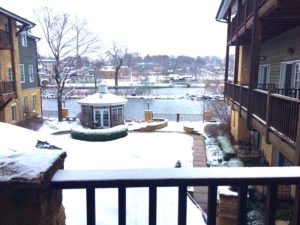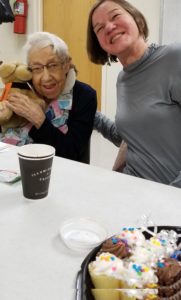Saturdays with Seniors: Gabriela, free at last
February 6, 2021 • 7 Comments • Posted in guest blog, memoir writing, writing promptsI am pleased to feature Gabriela Freese as our Saturdays with Seniors guest blogger today. Her parents immigrated from Germany to South America; she and her twin sister were born and raised in Paraguay, and Gabriela immigrated to Chicago in 1959, where she met her husband, a German immigrant.
Gabriela received a degree in dentistry from Loyola University in Chicago and had a practice in suburban Oak Park. After retiring, she moved to Admiral at the Lake in Chicago and has been in the memoir class I lead there ever since the class started. We meet via Zoom now, and when I assigned “Free at Last” as a writing prompt to honor Martin Luther King’s birthday last month, she came back with this beautiful essay.
It was the first time in my life that I got to watch someone draw their last breath. it was more like a sigh. Nine days in a deep coma were the last chapter in my husband’s life. It got very quiet in the room, no more rattling anxious breaths. We sat in wonder as we watched peace enter the room…and stay. Yes, he was now free, free at last. It was such a relief to witness this torture end.
I had been next to my husband for the nine days he was in a coma, spoke to him, and tried to comfort him. It is said that hearing is the last thing to go, although a reaction was no longer possible.
This was in 2010, and the passing of time has softened many of the sharp corners of those days. I cannot tell you how relieved I was when his torture was over.
Yes, he was free at last.
But was I free also? The toll that years of caregiving takes on the carer is huge. We chalk it up to having the energy to do more and more like we did when we were “young,” creating a deep emotional exhaustion that some people will never overcome and others, like me, had the strength to focus on other aspects of life that were totally out of reach before.
Still, going to the Symphony alone? A trip? Actually, quite wonderful. Nonetheless, it took me four years to settle back into my own person — thanks to support groups, friends and especially, my children that had to deal with the ups and downs of their own lives.
Susan Lane, a friend I had met in a support group, lived here at the Admiral and invited me to those great Sunday brunches where everyone enjoys the food and has a good time. That made my decision to move to the Admiral quite easy.
None of us expected a pandemic, of course, but friends of mine who still live on their own sometimes marvel at my stories. “Oh, the Admiral plans this for you?” they ask. “They do that for you?”
Hmmm.
When thinking of my own freedom from household chores and all that, I’m grateful, of course. But am even more grateful for what lies behind me.
Live and Learn? When I find myself in need of assurance, I look to friends and family around me. What lies ahead of me goes on forever.
